Since Family Stories Are Important….
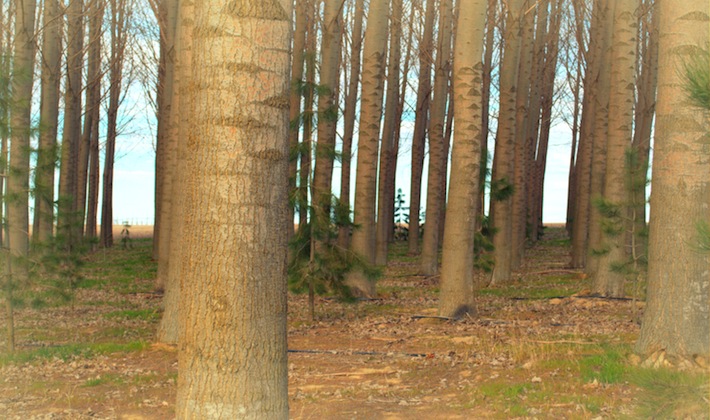
I just read a NY Times article by Bruce Feiler that re-emphasized (for me) the power in storytelling…particularly family stories. Family narratives.
“Narrative” in this context is a fairly new concept to me. I knew what the word meant, I just didn’t realize my family had one. And I sometimes forget even that I have one, my very own, my personal narrative. (My personal narrative is how I explain myself to myself, using a story. Which leads me to a tangent…)

(Tangent:)
Or, if I happened to be the leading character in a badly written but cinematically glowing movie, a personal narrative is how I would explain myself to the prototypical crowd. The crowd gathered at the wrecked aftermath of the wedding, funeral, business conference—or high school reunion. Which happens a lot in movies (at least the badly written ones); in fact, I think it’s formulaic: the leading character, after behaving very badly for an hour and seventeen minutes, gets to address not only the most important (and most offended) players, all fortuitiously gathered and attentive in one scene, but she’s also in the spotlight for countless random (and mostly approving) innocent bystanders. In these circumstances, with all the right witnesses, she explains herself. Movingly, convincingly, and uninterrupted (her audience is spellbound). “I’m sorry that I lied and trashed your party but I had a terrible childhood and was jilted by my first love plus I was just sooo confused and didn’t know how to handle love or negotiate disappointment and I was scared too you know which is much worse and besides that I’m very hungry and I never knew til this very moment who I really was and now I’m ready to be true to myself and reach for my dreams because after all that’s what this sort of movie is about. Please forgive me, if forgiveness is actually relevant now that I’ve completely justified myself. You can see I’m a good person and deserving of the raise, the job, the man, the award. Oh, and if you don’t mind, forward your checks and cash donations to my address in Tuscany. ” So that the movie ends well for the forgiven (and most importantly, understood) protagonist…with happy unions, increased salaries, and an enthusiastic, well-wishing congregation.
What, then, is a family narrative? What do I Mean, Family Story?
The answer seems obvious–only made clearer I’m sure by my tangent interlude: A family narrative is how we, as families, explain ourselves to ourselves–and to others, given the details of our histories, a person and event at a time. Knowing that Great Grandma was the best bread maker in town, and that Grandpa and Grandma navigated The Depression does have an impact on how we see–and explain– ourselves.
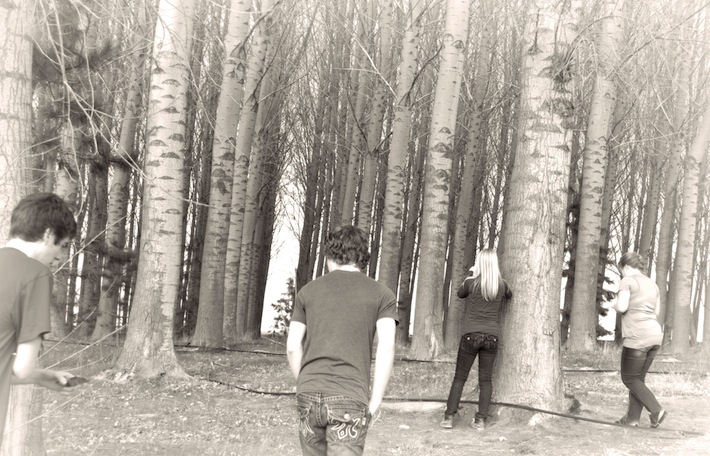
Not so obvious are the potential benefits of healthy family narratives.
What is a healthy family narrative? Feiler talks about three kinds of family narratives: ascending, descending, and oscillating. In very general terms, an ascending family narrative speaks of winnings and grand conquests, of entitlements. A descending family narrative tells of victimization and bad luck. But an oscillating narrative, the healthiest story-style, tells the truth about good times and bad; each chapter of the story both leading to the next and allowing for the previous, ultimately offering the hope that anything can at least be weathered, if it can not be entirely overcome. It takes into account that often, failure precedes success, and that family members can do hard things. The benefits of oscillating family narratives: family members enjoy more self-confidence and resilience (the ability to cope with and overcome disappointment and setbacks). Another benefit: an intergenerational self-concept. We see ourselves as an integral part of something larger. We recognize our importance to the group, and their importance to us. I think too that we have a greater sense of belonging.
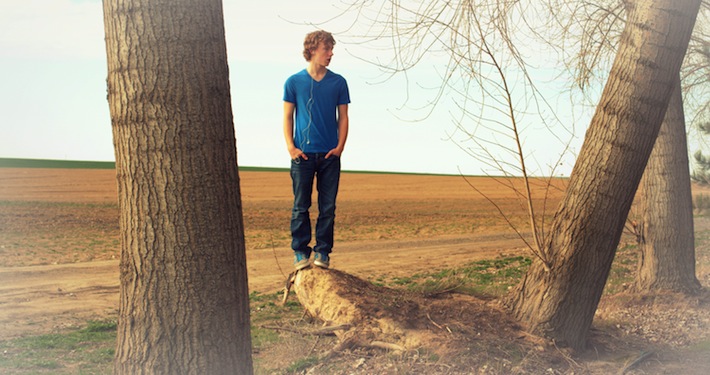
I think it’s interesting that healthy family stories aren’t simply about the data…the whats and whens and whos of their histories…they are also about how the story is told, how we see our family in the story. How we interpret what went down. There are so many ways to see–and tell–the same story. Once I complimented a friend for her determination and tenacity, and she answered, very matter of fact: “Well, of course! I’m from a family of strong women!” Knowing her family, I have no doubt she had plenty of anecdotes to back her up.

And that, for now, is all I have to say about that. I’m a little tired, and I want to go to bed. I’ll bookmark my place for later. This post will preface others I’ll be writing this week and in the weeks to come. This week: visits from my brothers–too rare occasions (I want to talk about the men in my family). Also: vintage snapshots and musings from my grandma’s life.
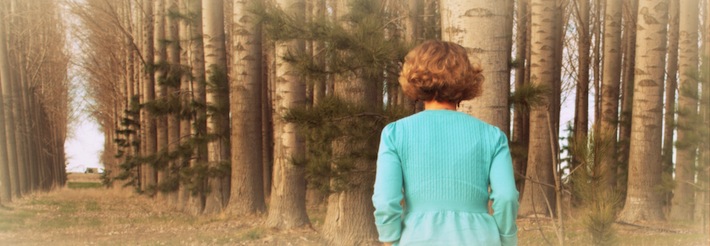
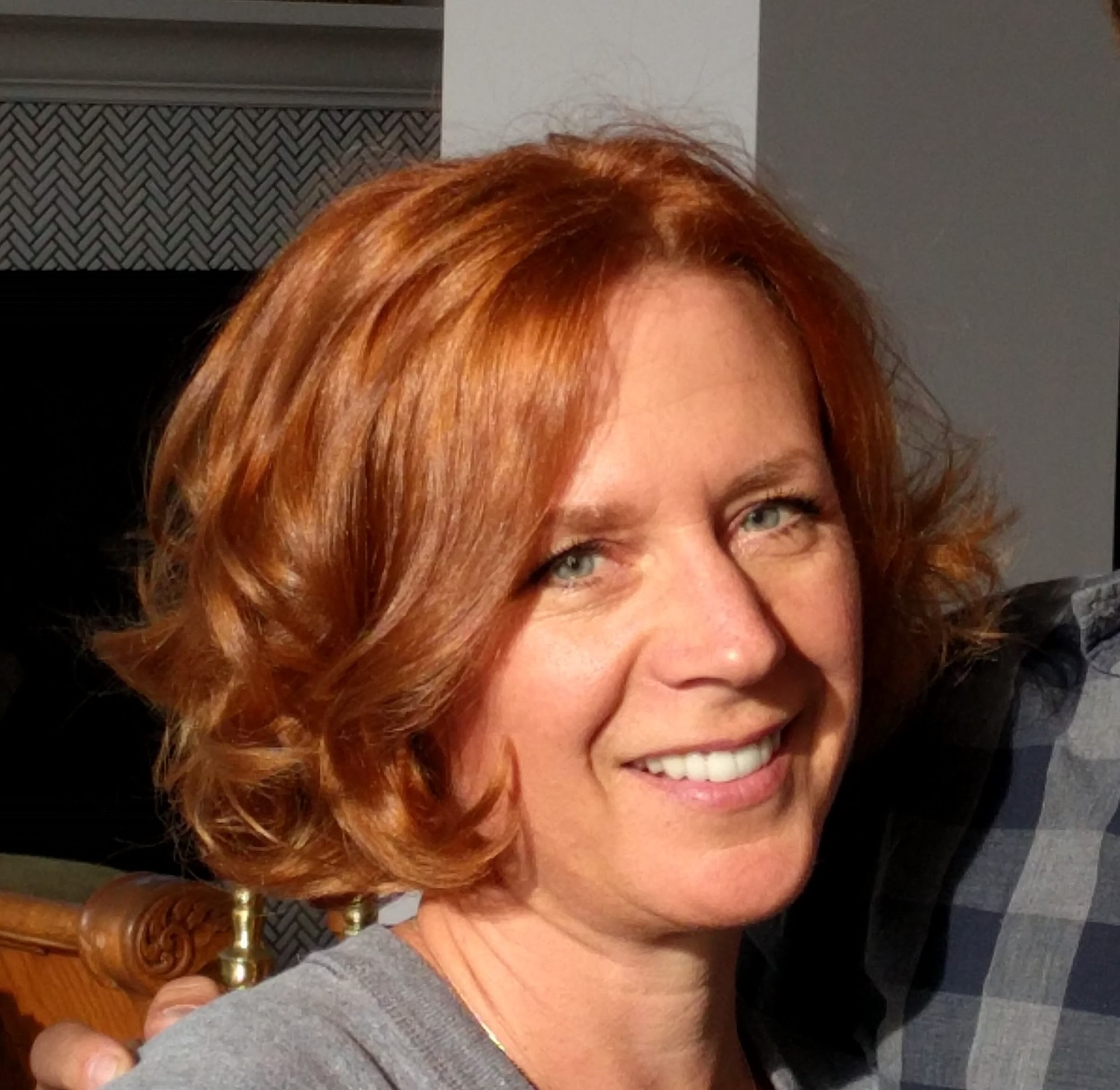
Comments on this entry are closed.
Hmmm. . . so how would you categorize this brief narrative I recently read?
“Isabell was a kind and loving mother to her children and clung to us through poverty and would have given her life for any one of us. She had a hard cruel life but she clung to us through it all. She had never done any more than thousands have done before her or after her and are still doing, but she was looked down on and ridiculed by those who should have been her friends and brothers and sisters in the church and given a helping hand, but she was left alone to go her way and live her life the best she could until we were grown up and married. (That’s sure the way it is today, 1997.) . . . So that is how things stand and she left the Lord to straighten out her life in his own way in the life to come.”
I have been reading family histories. This one stood out to me ~ not in regard to the hardships endured (most, if not all of the histories I have read include great trials) but in this concluding summation.
Excited to see what stories you will have to share. You have peaked my interest. Just went to a Family History Conference….and want to find more of my family stories.
Wellll….the stories will have to be gradual. But I love piquing your interest, Mom! So I’m committed. Love you! Thanks for visiting!
I love the idea of recording a family narrative– as a historian, one would think I would have already done so, but no. I’m bookmarking this post for summer inspiration, when I’ll have some time & the inclination to dive in!
I love the idea of telling stories. Sometimes the facts and figures needed to tell accurate stories intimidate me some… I’m sure when you do have the time and inclination, your stories will be delicious.